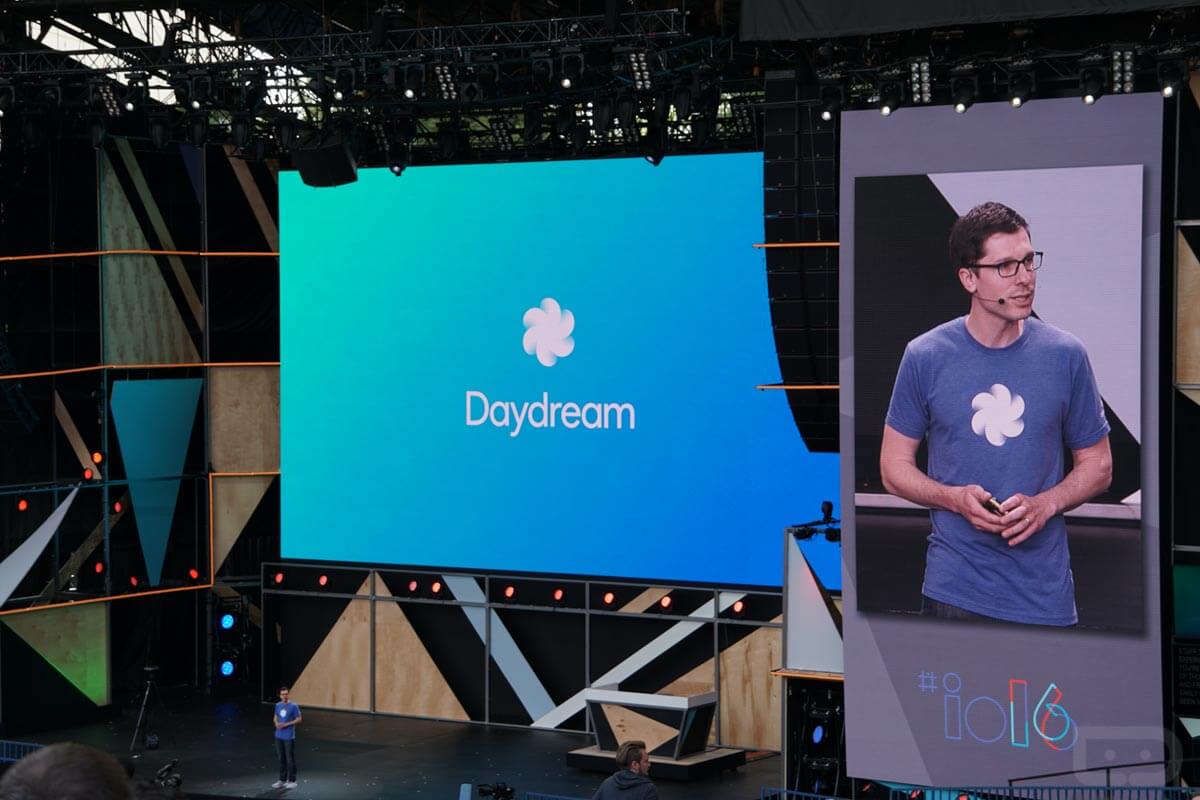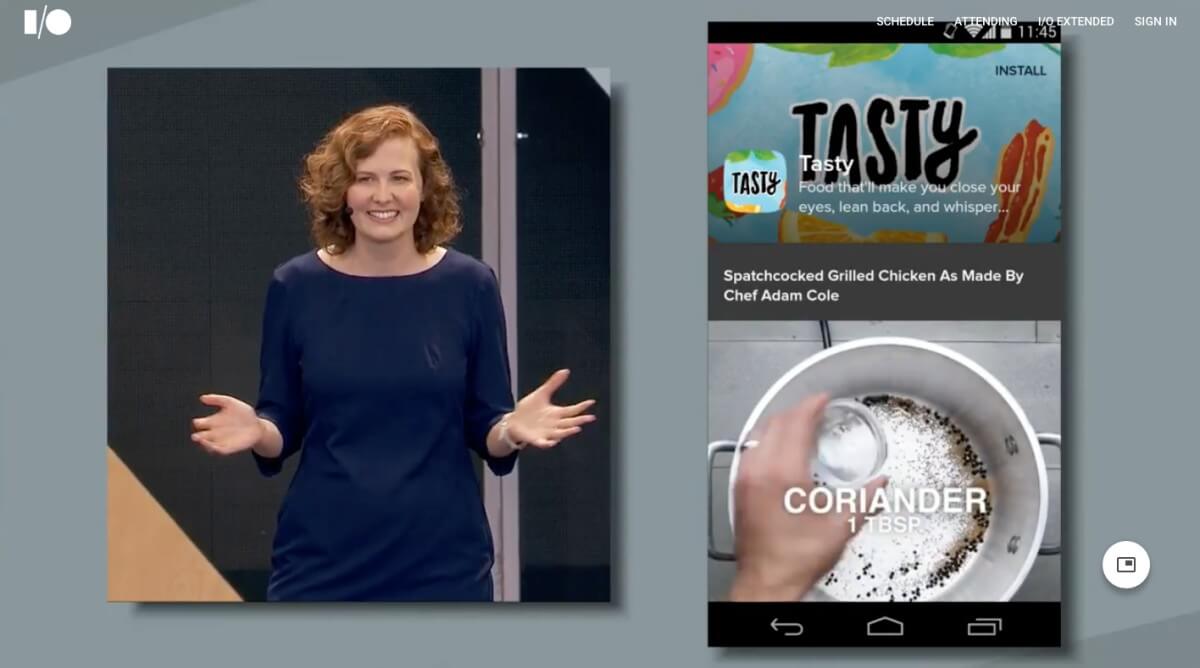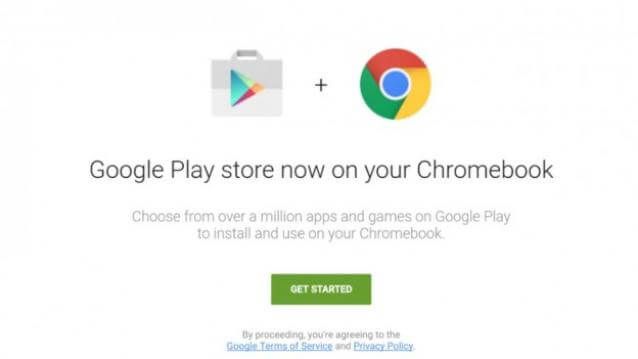Google IO 2016 continued with Day 2 announcements and news about Google Daydream VR. As expected plenty of discussion were on VR, Google Play improvements and Google Cloud and Android Wear updates.
The second day of the show was a bit calmer by design in order to let developers get down into the details of everything that was announced on day 1, but there’s still plenty of newsworthy information out there from day 2.
The big headlines of the day were fresh details on Daydream VR, the final announcement that the Play Store is coming to Chrome OS and as expected Android Instant App stayed star of the 2nd day as well.
[section_tc][column_tc span=’12’][youtube_tc id=’https://www.youtube.com/watch?v=862r3XS2YB0′][/youtube_tc][/column_tc][/section_tc]
The day 2nd at Google I/O 2016 continued with detailed explanations of announcements made on Day 1, but DayDream and Instant App stayed stars from Day 1:
- DayDream VR – Day 2
Though we got a pretty solid rundown of Daydream VR at the Day 1 keynote, a handful of sessions on Day 2 gave us all of the deep details on Google’s new virtual reality push in Android N. We now know that the Nexus 6P is the first device set up to develop Daydream compatible apps, and Google has also launched a system for using another phone as a controller in lieu of yet-to-be-released Daydream controllers.Google also confirmed that it plans to release its own takes on the Daydream headset and controller designs, though the focus is still on third-party manufacturers making their own. On the content side, Google gave a sneak peek of the new virtual reality launcher in Android N, as well as new content offerings from YouTube, Google Play Movies and more. For content creation, Google announced partnerships and integrations with movie makers, developers and game engine creators.
- Android Instant App- Day 2
The “Android Instant App” continued to remain the star of 2nd day as well. With the buzz over Google’s new “Android Instant Apps” initiative that will enable Android devices to pull down specific parts of apps without downloading and installing a full app, it’s reasonable to expect the feature will make its way to Chrome OS. Speaking at a Q&A session after the announcement, the Chrome OS team from Google explained that anything designed to work on Android “should just work” on Chrome OS — yes, including Android Instant Apps.
Google also provided little details on Google Home, Google Assistant and Android N, but asked people to wait for the year fall and its release.
The two new big announcement of the day 2 were:
- Chrome OS
After being heavily rumored, Google finally dropped the news on us — Google Play is coming to Chrome OS. Later this year, Chromebooks, Chromeboxes and Chromebases will be able to launch the Google Play Store and download millions of Android apps. Those apps will run as first-class citizens on the system, right next to any Chrome apps you may have.
Unlike the ARC Welder that preceded it, this new implementation opens up a world of possibilities for consumers to get great apps on their Chromebooks.
- Google Play Awards
Google I/O is all about developers, and part of that story is giving praise to the developers that make the fantastic apps that Google itself notices as being exceptionally great. Google took time after the show on Day 2 to highlight these apps, and while there are big names included that you’ve heard of, there are plenty that you haven’t seen that were worth highlighting and checking out.
Manufacturers are free to choose between Chrome OS and Android
With the lines blurring between the experience of using Android and using Chrome OS, Google’s Hiroshi Lockheimer also said that there isn’t any specific screen size or device type where Google will tell a manufacturer whether it should choose Android or Chrome OS as their system of choice.
Chrome OS is still obviously tailored toward larger devices with a keyboard and mouse, while Android works best on smaller touch-only form factors, but if a manufacturer wants to cross the typical lines now that Chrome OS supports Android apps they’re free to do so. There will continue to be mainstream Chromebooks out there that have convertible form factors and resemble something more like a tablet, and on the other side of things companies can still choose to make Android-powered laptops if they wish.
Google also announced later yesterday that it was in the process of developing a faster chip – known as Tensor Processing Unit – to speed up transactions in artificial intelligence. Not much is known about the chip, however, and the company promised to detail later this year.
The 3rd day expectations are also high. For updates of 3rd day stay with Mantra Labs.
If any queries approach us on hello@mantralabsglobal.com
Knowledge thats worth delivered in your inbox











